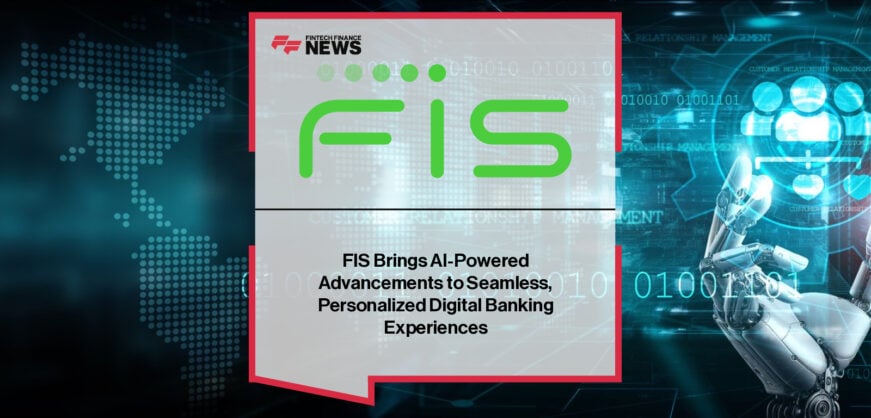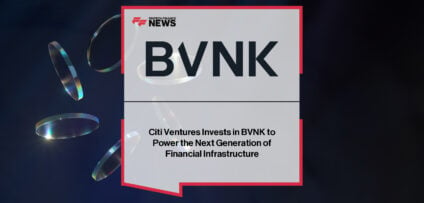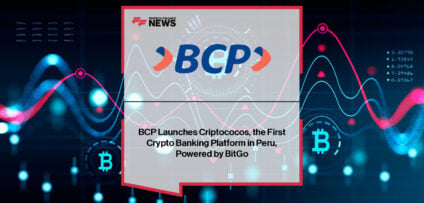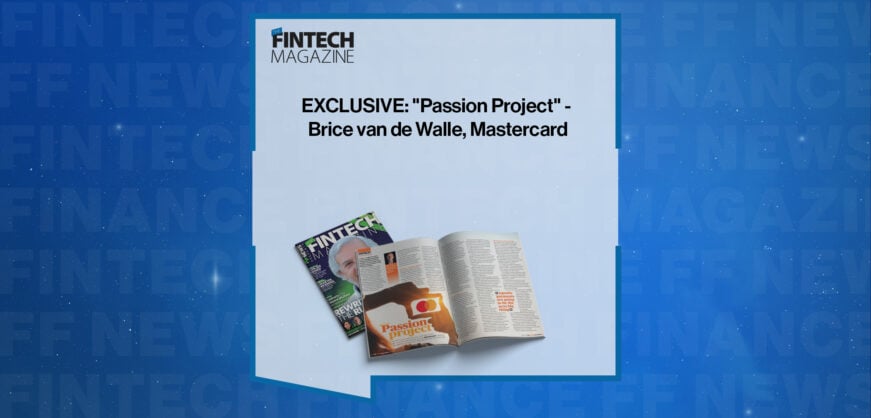Breaking News

FinTech and banks
Financial technology companies have spurred innovation in financial services while fostering competition amongst incumbent players. This column argues that although incumbents face rising competitive pressure, they are unlikely to be fully replaced by FinTechs in many of their key functions. Traditional banks will adapt to technological innovations, and the scope for regulatory arbitrage will decline.
FinTech hype abounds. In the news, financial technology is described as “disruptive”, “revolutionary”, and armed with “digital weapons” that will “tear down” barriers and traditional financial institutions (World Economic Forum 2017).
Although investments in FinTech have been expanding very rapidly in financial markets, their potential impact on banks and financial institutions is still far from clear. The tension between stability and competition underlies the entire debate over FinTech and how to regulate it. The crucial questions are whether and to what degree FinTech companies are replacing banks and other incumbent financial institutions, and whether, in doing so, they will induce a healthy competitive process, enhancing efficiency in a market with high entry barriers, or rather cause disruption and financial instability. Our editorial in the new issue of European Economy deals especially with the relationship between FinTech and banks (Navaretti et al. 2017).
We argue that FinTech companies enhance competition in financial markets, provide services that traditional financial institutions do (albeit more efficiently), and widen the pool of users of such services. In most cases, FinTech companies provide a more efficient way to do the same old things that banks did for centuries. But it is unlikely that FinTech will fully replace traditional financial intermediaries in most of their key functions, because banks are also well placed to adopt technological innovations and themselves perform old functions in new ways.
FinTech companies mostly provide the same services as banks, but in a different and unbundled way. For example, like banks, crowdfunding platforms transform savings into loans and investments. But unlike banks, the information they use is based on big data rather than on long-term relationships; access to services is decentralised through internet platforms; risk and maturity transformation is not carried out as lenders and borrowers (or investors and investment opportunities) are matched directly. There is disintermediation in these cases. However, such pure FinTech unbundled activities have limited scope. For example, it is difficult for platforms to offer clients diversified investment opportunities without keeping part of the risk on their books or otherwise securitising loan portfolios. And it is impossible for them to benefit from maturity and liquidity transformation, as banks do.
Other functions carried out by FinTech companies, such as payment systems (e.g. Apple Pay instead of credit cards), are still supported by banks. Banks lose part of their margins but keep the final interface with their clients, and because of the efficiency of these new systems, they may well expand their range of activities. In such cases, there may be strong complementarities between banks and FinTech companies.
In general, the value chain of banks includes many bundled services and activities. FinTech companies generally focus on one or a few of these activities in an unbundled way. Nonetheless, bundling provides powerful economies of scope. The economics of banking is precisely based on the ability of banks to bundle services like deposits, payments, lending, etc. For this reason, FinTechs will also have to bundle several services if they wish to expand their activities (e.g. for the crowdfunding example above) or integrate their services with those of banks (e.g. for the payment systems described above).
- EXCLUSIVE: “Passion Project” – Brice van de Walle, Mastercard in ‘The Fintech Magazine’ Read more
- FreedomPay Drives Global Merchant Innovation Read more
- FIS Brings AI-Powered Advancements to Seamless, Personalized Digital Banking Experiences Read more
- Citi Ventures Invests in BVNK to Power the Next Generation of Financial Infrastructure Read more
- Nearly Two-Thirds of Global Retailers Say Payment Method Flexibility Drives Revenue Growth, ACI Worldwide Survey Finds Read more













